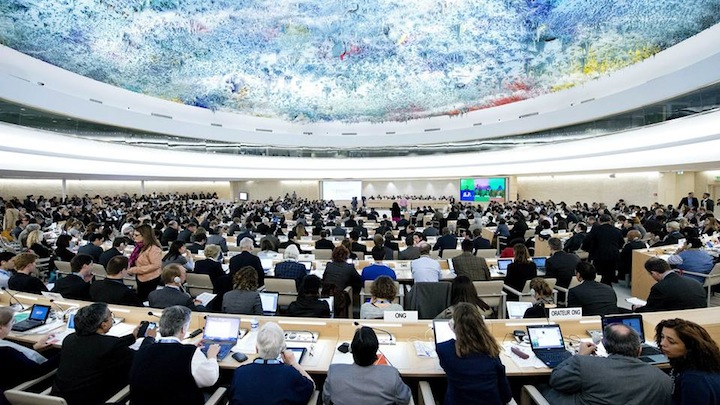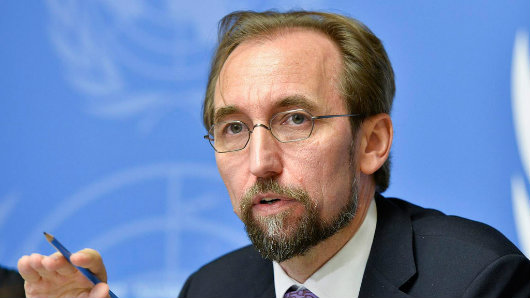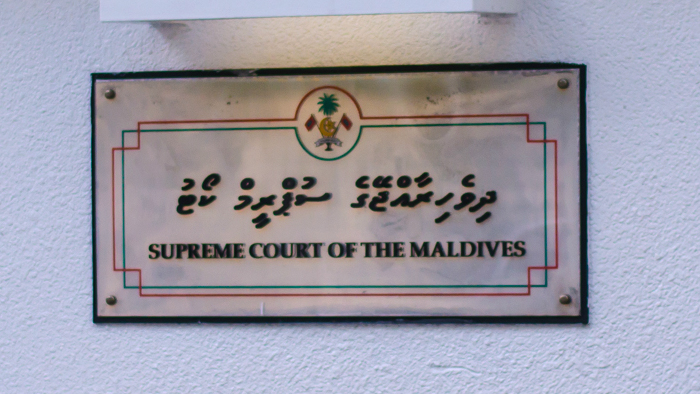The US Assistant Secretary of State Nisha Biswal has said that the US is ready to strengthen relations with the Maldives but seeks more progress on democracy and human rights in the Maldives.
Following a call with Foreign Minister Dunya Maumoon to offer Ramazan greetings, Biswal tweeted that she had reiterated concerns regarding the “erosion of democratic institutions” and of “fundamental freedoms.”
Spoke w #Maldives FM Dunya Maumoon to offer Ramazan greetings. Reiterated concern re erosion of democratic institutions/fundamental freedoms
— Nisha Biswal (@NishaBiswal) June 29, 2015
I told FM Dunya Maumoon US ready to deepen partnership w Maldivian people & government but seeks progress on democracy & rights in #Maldives — Nisha Biswal (@NishaBiswal) June 29, 2015
Spoke with @NishaBiswal. Maldives appreciates constructive support from US towards democracy consolidation -FM
— MFA-Maldives (@MDVForeign) June 30, 2015
Diplomatic pressure has been increasing on the Maldives over the jailing of opposition politicians, including ex-president Mohamed Nasheed and crackdown on opposition protests.
During a visit to the Maldives last year, Biswal said judicial independence and politically motivated threats remain an issue in the Maldives, despite the young democracy’s accomplishments.
The assistant secretary of state’s most recent comments come two weeks after the Supreme Court passed a ruling against the Human Rights Commission of the Maldives (HRCM), barring it from communicating independently with foreign organizations.
The court’s ruling on June 16 found a human rights assessment submitted by the watchdog to the UN unlawful, and imposed an 11-point guideline prescribing how the HRCM should operate within the law.
The US has taken an unprecedented interest in recent events in the Maldives.
Earlier this month, US Senators John McCain and Jack Reed urged their government to press for the release of all political prisoners in the Maldives, including Nasheed.
The two Senators, who head the Senate Armed Forces Committee, warned that the Maldives’ decisions are “having serious adverse consequences on its relationships abroad.”
The US Secretary of State John Kerry in May said that democracy is under threat in the Maldives.
“We’ve seen even now how regrettably there are troubling signs that democracy is under threat in the Maldives where the former president Nasheed has been imprisoned without due process,” Kerry told the Sri Lankan press.
“This is an injustice that needs to be addressed soon.”



